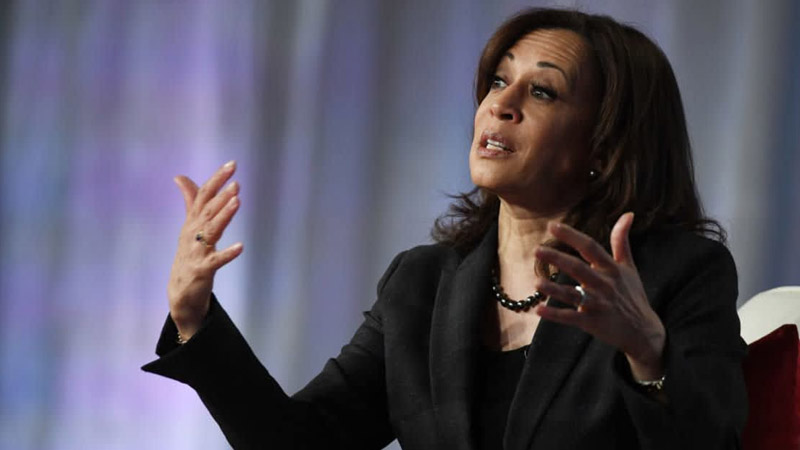Vice President Kamala Harris’ decision to maintain distance from Federal Trade Commission (FTC) Chair Lina Khan could cost her support among progressives, an economics professor warned on Thursday. Khan, a leading figure in the antitrust movement, has gained attention for her aggressive stance against major tech companies, including Amazon, Meta, and Microsoft.
However, Harris has notably kept her distance from Khan, a move that some believe could weaken her appeal to the progressive base. As reported by Politico, while some Democrats facing tight races have embraced Khan’s populist agenda to energize their voter base, Harris has avoided making public appearances with the FTC chair.
This approach may help her avoid tensions with major Silicon Valley donors, but experts argue that it risks alienating progressive voters who support Khan’s efforts to regulate tech giants and promote antitrust reform. Hal Singer, an economist from the University of Utah, expressed concerns about Harris’ strategy, warning that her reluctance to defend Khan could dampen enthusiasm among progressives.
“When she won’t defend Biden’s record on antitrust, or defend Khan against the attacks by the billionaire donors — guys like Reid Hoffman, who’ve basically been calling for Khan’s head — it kind of zaps the life out of the progressive base,” Singer told Politico. He further criticized Harris’ approach, calling it “malpractice” for not aligning with the progressive wing on this critical issue.

Jeff Hauser, executive director of the progressive watchdog Revolving Door Project, echoed Singer’s concerns. Hauser described Harris’ hesitation as a missed opportunity to capitalize on a populist moment, suggesting that by distancing herself from Khan, Harris is inadvertently allowing Donald Trump to harness populist energy. “I think she is ceding that populist energy to Trump, and it’s an enormous miscalculation,” Hauser warned.
Khan’s aggressive antitrust agenda has made her a target for criticism, particularly from tech industry leaders and Republican lawmakers. This week, Republicans in Congress threatened a new investigation into Khan, accusing her of potentially illegal campaigning from her public office. The pressure on Khan extends beyond the political arena, as billionaire Barry Diller, chairman of Expedia and media conglomerate IAC, voiced his displeasure with her approach to regulating business mergers.
Diller, who has previously supported Harris, admitted to calling Khan a “dope” for her stance against business practices favored by corporate leaders. However, he later walked back his comment while maintaining his criticism of her regulatory overreach. “I said ‘She’s a dope.’ She isn’t,” Diller clarified to CNN. “She’s smart but I believe overreaches in disrupting sensible business combinations.”
As Harris navigates these political dynamics, her decision to distance herself from Khan may prove challenging in energizing the progressive base, especially at a time when populist rhetoric is gaining traction across the political spectrum. While she may be seeking to balance relationships with tech donors, experts warn that this approach risks alienating a key segment of the Democratic Party’s voter base ahead of the 2024 election.

